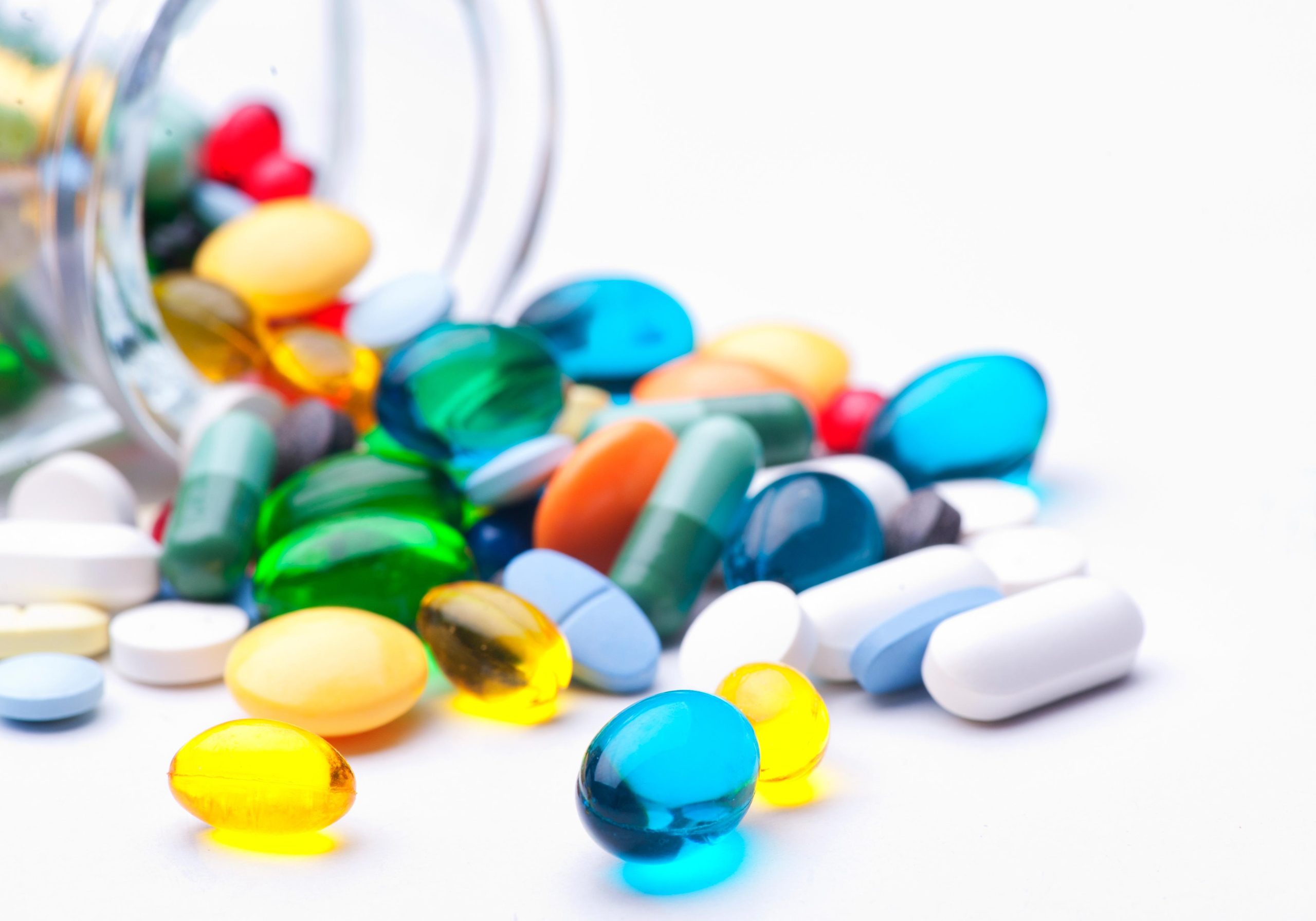As you study medicine, there is no doubt that you are aware of their dangers and the consequences of being affected by them, intentionally or otherwise. Even if you aren’t a medical student, you should already know that medicines aren’t something to toy with, especially by children.
So you have a bunch of medicine in your house for emergencies. Fantastic, you have come prepared. But you must make sure that they and yourself are in safe conditions. This will also spare the headache of doctors from treating a buffoon that accidentally overdosed with his sleeping pills.
Know Your Meds
You have the Internet in your hands. That or a doctor’s prescription can be the source of your knowledge of certain medicines. Know their names, appearances, the ailments they can treat, and side effects. It is also absolutely vital to know the dosage based on doctors or labeled instructions.
Speaking of labels, do that to your medicines, separating them by name and category. You don’t have to be extra meticulous, just label enough to tell each medicine apart. Their appearances, packaging and brand names may do half the job. Consult your doctor on what to do if you miss a dose, and know if you are allergic to some medicines too.
Stay Away From Children

Children are generally too young to know the dangers of carelessly taking medicines like they are Halloween candy. For this reason, you must store your medicine away from children.
If you have a cupboard, store them in a high shelf where they can’t reach. At the same time, don’t store them any further since you will need to reach them easily in emergencies.
If you have locks for your cupboard, use it to lock away your medicines from children, though if you still need access, this may not be necessary. You could hide the pile by placing other miscellaneous items in front of them. If you have a safebox or similar, this is even better. Store them all inside it and hide the key from your children.
Keep their hands out of reach after you feed them medicine too. If you plan to teach them about it, be sure to not leave out the dangers, and still do not let them handle medicines by themselves. For their sake, only you have the authority for the time being.
Also never call medicines “sweets” or any other appealing terms to children as they will be confused and may try them if you are not only looking, but your meds are at their reach too.
Safe Disposals
Some medicines need special care in disposing of them when they are no longer in use. There may be labels you can read to see if there are instructions on safely disposing them, whether they are aged or there are unused extras. Powerful drugs like opioids are an example of a medicine that must be disposed of with care.
If you want, you can go to a pharmacy, clinic, hospital or any health-related centers and ask if they accept old medicines for safe disposal. If you fear that you might be wasting time going there only to be told “no”, call them first to confirm.
